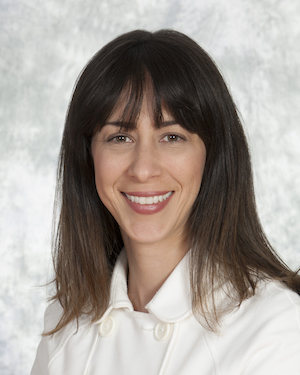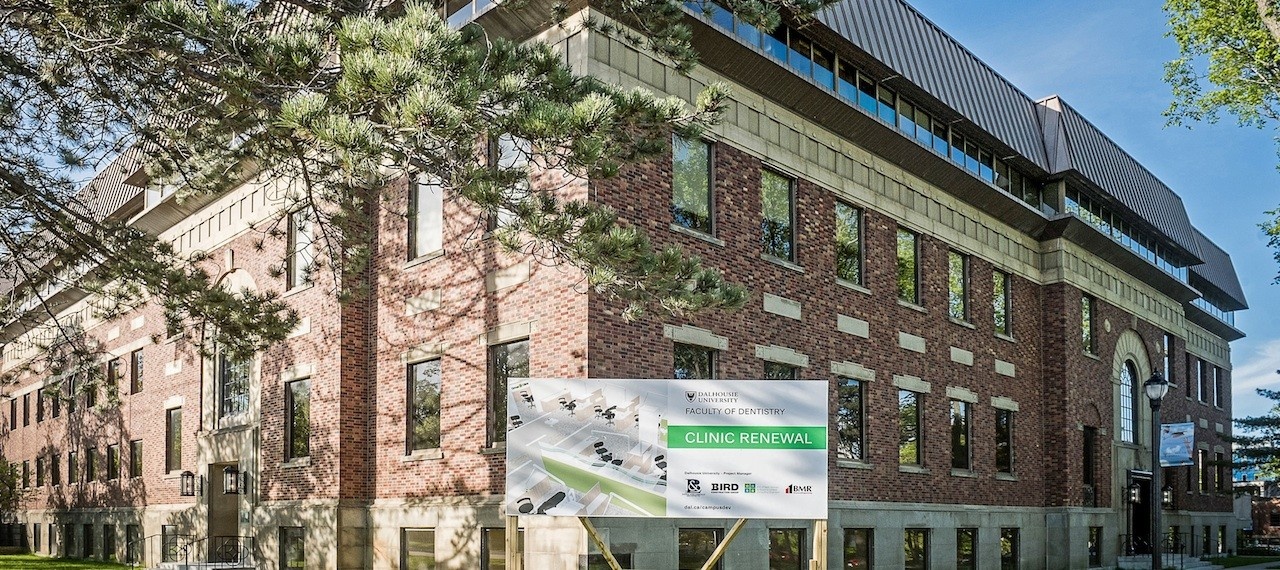News
» Go to news mainEndodontics: The science of saving teeth

Dr. Isabel Mello
The American Association of Endodontists has designated May as “Save your tooth” month. The aim is to encourage people to value their natural teeth and let them know they are worth saving.
Dr. Isabel Mello, the course director for endodontics in the Faculty of Dentistry believes that it is a message worth sharing.
“I feel that we live in an era where everything is disposable and replaceable. We tend not to value things that are good and function. A tooth may be damaged, but it is often worth repairing. Patients should be aware that nothing looks, feels, or functions like a natural tooth.”
Endodontics is not for everyone
Endodontics is the dental specialty concerned with the study and treatment of the dental pulp. If patients need a root canal, they will frequently be referred to an endodontist for the procedure.
Endodontics is taught as an undergraduate course in third and fourth year here in the Faculty of Dentistry. DDS3 students work in the sim lab, carrying out root canal procedures on extracted teeth before treating patients in DDS4. In order to graduate, dentistry students must complete a minimum number of root canal procedures. They also learn to identify the complicated cases they should refer to specialists.
Endodontists are specialist dentists who have spent an additional 2-3 years at graduate school. In the dentistry world, they are quite rare: just 3% of dentists are endodontists. There are only 10 endodontists for the province of Nova Scotia. In Canada, only the University of Toronto, the University of British Columbia, and Université Laval offer graduate programs in endodontics.
“Endodontics is not for everyone,” says Dr. Mello. “It’s complicated, extremely detailed, and you are usually dealing with people who are in pain. Unfortunately, patients often relate the pain they are experiencing to the treatment they receive. Endodontics is also not glamorous or visible, although patients feel the difference when they are able to keep one of their natural teeth.”
Evan Baird: “I like the challenge”
DDS4 student Evan Baird is not dissuaded by the complication or detail involved in the study of endodontics. In fact, it’s what appeals to him about the specialization.
“The technical and detailed aspects of the procedure appeal to me. You’re dealing in fractions of miIlimetres and very precise anaesthesia. I also like the challenge of trying to save a tooth.”
Evan will return to the Dalhousie Faculty of Dentistry after graduation to study for a General Practice Residency, but he has his eye on studying endodontics the year after.
Here at Dal, he has seized every opportunity to carry out or assist on root canal procedures in the clinic beyond the minimum requirements.
“Thanks to Drs. Maillet and Mello, I had the chance to work on a retreatment with their guidance. That’s not a normal part of undergraduate dentistry studies, so I learned a lot.”
In addition to the technical aspects of the procedure, the hope of saving the teeth of people who have limited access to dental care also appeals to Evan. “It’s common to extract teeth rather than try to save them, partly when cost is an issue. When I am qualified, I hope to find a way to help people save their teeth. It will be my way of giving back.”
Like Dr. Mello, Evan agrees that endodontics is not glamorous, but there is a satisfaction to be gained in helping patients to retain the function of their natural teeth.
Recent News
- Federal government announces $2.4 million in oral health funding
- 2025 J D McLean Lecture: Understanding accessibility
- A celebration of potential: 2025 Academic Awards
- Alumni Awards 2025: More awards, more to celebrate
- Those who stay and those who return: Part‑timers in the Faculty of Dentistry
- Kirk Preston: A belief in digital dentistry
- Bill and John Rector: Different paths to the same destination
- Meet new Senate chair: Dr. Sachin Seth
